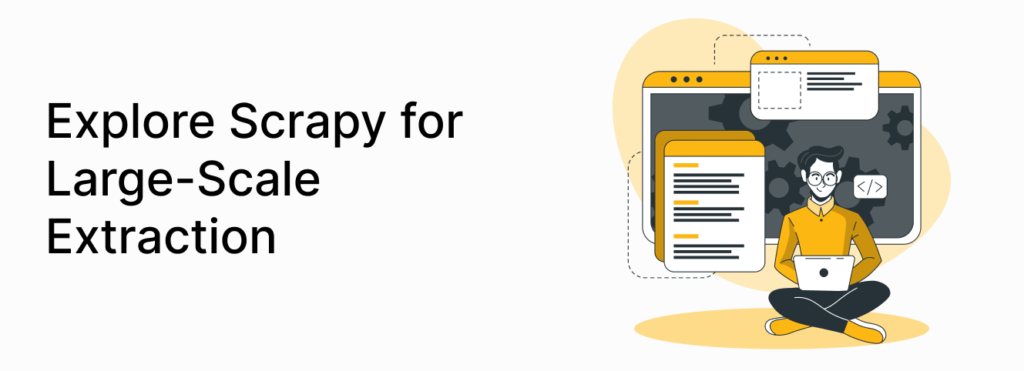What is one Python library you recommend for automating SEO data extraction and why? Here’s what two thought leaders had to say.
Table of Contents
Explore Scrapy for Large-Scale Extraction
For a unique twist on automating SEO data extraction, I recommend exploring the Python library Scrapy. Unlike Beautiful Soup, which is excellent for parsing specific pages, Scrapy is a powerful web-crawling framework designed to handle large-scale data extraction efficiently. It allows you to create custom spiders tailored to crawl and extract data from multiple pages and websites according to specific rules.

What makes Scrapy particularly unique is its built-in capabilities for handling requests, following links, and exporting scraped data to various formats, which are essential for robust SEO strategies. For example, you could set up a Scrapy spider to monitor changes in keyword rankings across different industry blogs or to extract and analyze backlink profiles at scale. This kind of automation can provide comprehensive insights and trends that are invaluable for strategic SEO planning and execution, pushing your data-driven strategies ahead of the curve.
Shehar Yar, CEO, Software House
Utilize CSV for Basic SEO Tasks
A basic but very common tool is the CSV library. This is very useful for processing keyword lists, processing downloads, and data dumps from other libraries and APIs. It is one of the most basic but most useful data processing libraries.
The main thing I love about Python is that there is a library for just about anything you wish to do.
I would give an honorable mention to Advertools, which is awesome – but the CSV library is a basic but very utilitarian library – and if automating SEO tasks rather than trying to look cool is what you are interested in, then look no further!
Trevor Stolber, Co-Founder, CTO, VibeLogic





























